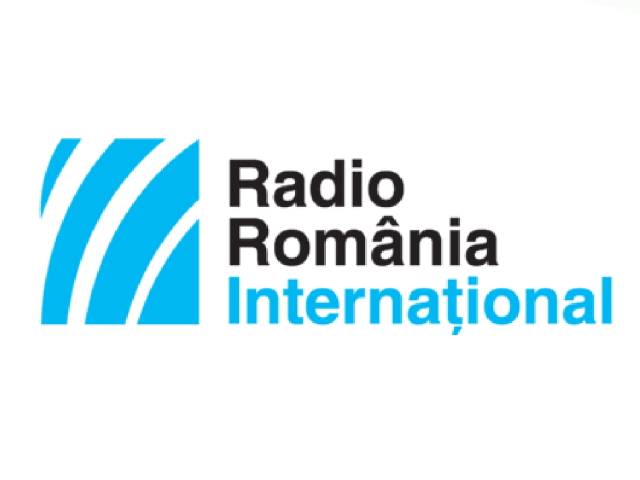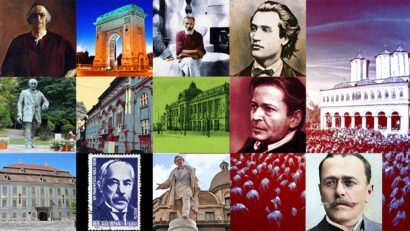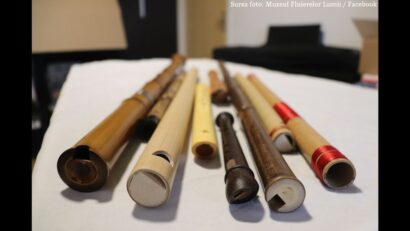The beginnings of rural education in Romania
Having started on the path to modernisation in the early 19th century, the Romanian Principalities were beginning to set up institutions based on the western model.

Christine Leșcu, 09.09.2017, 14:04
Having started on the path to modernisation in
the early 19th century, the Romanian Principalities were beginning
to set up institutions based on the western model, and that included education.
The first official mentions of this process referred to literacy and general
education, and are found in the so-called Organic Regulations, the earliest
form of constitutional law, issued in 1831. They provided for setting up
schools in villages, and charged urban schools with training rural teachers.
Schools did exist in some villages before that, but they were set up by the
local noblemen and landowners, and were aimed at children who worked in the
households of landed gentry. The first state school system appeared in 1838, as
historian Nicoleta Roman told us:
Everything begins with a passage in the
Organic Regulations, indicating that villages had to have schools, with
teaching provided by a deacon or a priest, or a trained teacher. Based on this
paragraph, Wallachian ruler Barbu Stirbey formed a team he headed, which
included Mihalache Ghica, a nobleman of the court, and Petrache Poenaru, a top
scientist of the time. They decided to use a British model used in the late 18th
century, applied in London by John Lancaster. This model had proved effective
for children from poor areas, it was community based, and it relied on older
and more educated pupils helping with teaching the younger ones. Mihalache
Ghica had designed some guidelines for rural education: he issued a memorandum
telling the landowners that they had to build schools on their lands, providing
the building materials. School started in November and ended in March, allowing
children to help their parents with farming. Also, the memorandum indicated
that it was up to the community to provide for the teacher’s livelihood and
expenses. Each peasant family had to contribute two lei, the local currency,
per year, as well as two kilograms of food. Later on, an additional provision
was introduced, exempting teachers from doing farm work for landowners during
the school months.
Since this was a dual financing system,
involving both landowners and villagers, modern schools in the rural
environment were slow in taking root. Here is Nicoleta Roman again:
There were two extremes at the time: noblemen
who rejected the idea altogether, but also some noblemen, like Gheorghe
Magheru, who had not one, but two teachers on his properties. In fact, he
proposed that one larger school cover several villages at the same time. There
was one problem, however: there were villages reporting to the authorities that
they had more schools than they actually did, in order to get more money from
the state. In reality, at the same time, teachers, were not getting paid on
time, reasons for which many of them quit teaching altogether. Some buildings
did not get enough money from the noblemen for upkeep, forcing the community to
move it into a less appropriate building. That is in broad lines the early
image.
Add to this the fact that peasants resented
compulsory public education, because it kept their children from helping with
farm work. Nicoleta Roman:
Promoting literacy could not be the task of
landowners only, the community had to be open to the idea as well. People were
still dependent on farming, and did not see the point of schooling for their
children. They started seeing the benefits of education only in the late 19th
century, when the system of vocational schools started taking shape. Most of
the students in vocational schools back then came from a rural environment.
In spite of the hurdles, official statistics
show a slow but steady increase in the number of children attending school. The
educational reform in the United Principalities was interrupted by the 1848
revolution, but was resumed in 1853, after the Crimean War. The situation
stabilised and improved a lot after the union of 1859, with Alexandru Ioan Cuza
taking the throne.





























